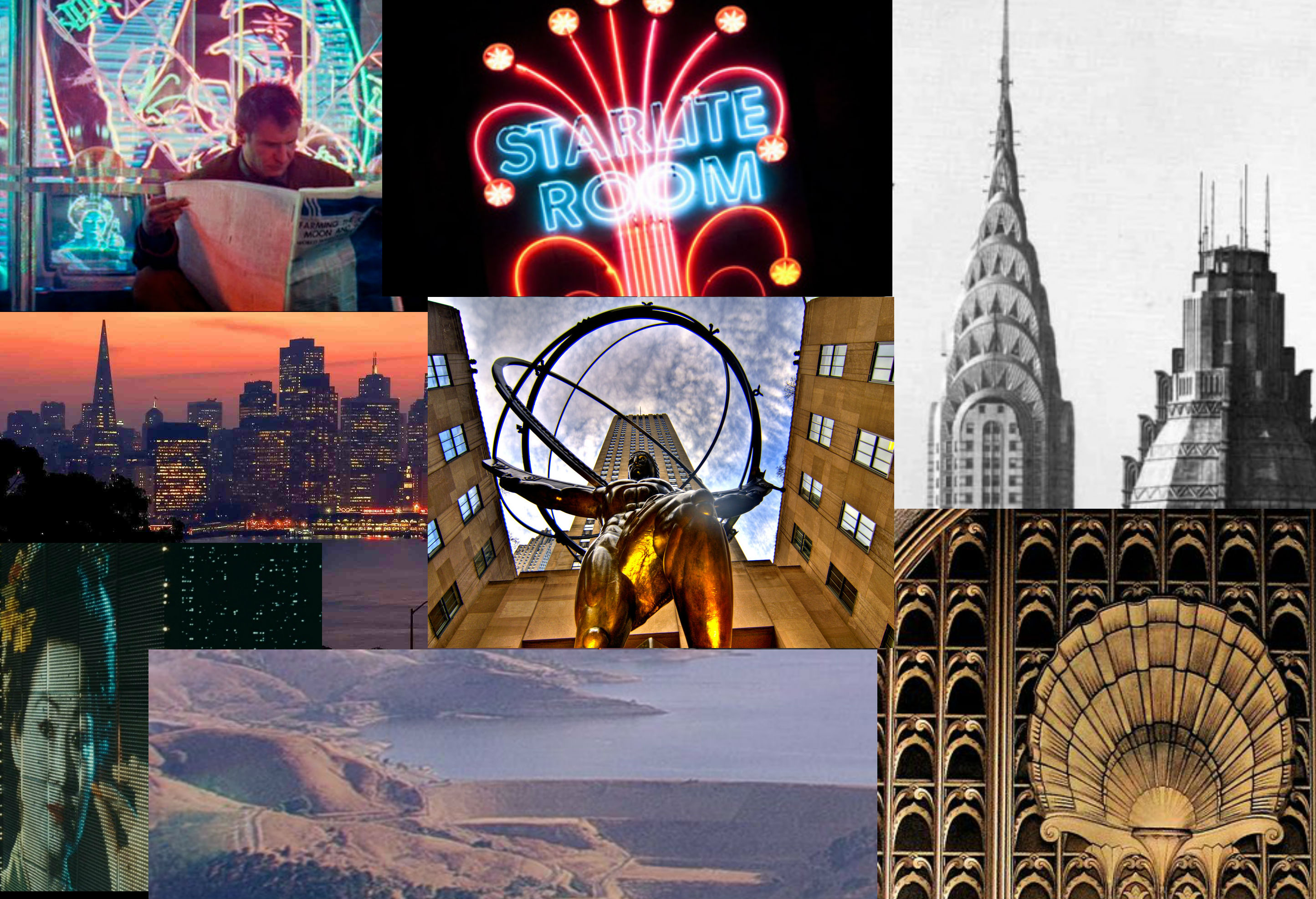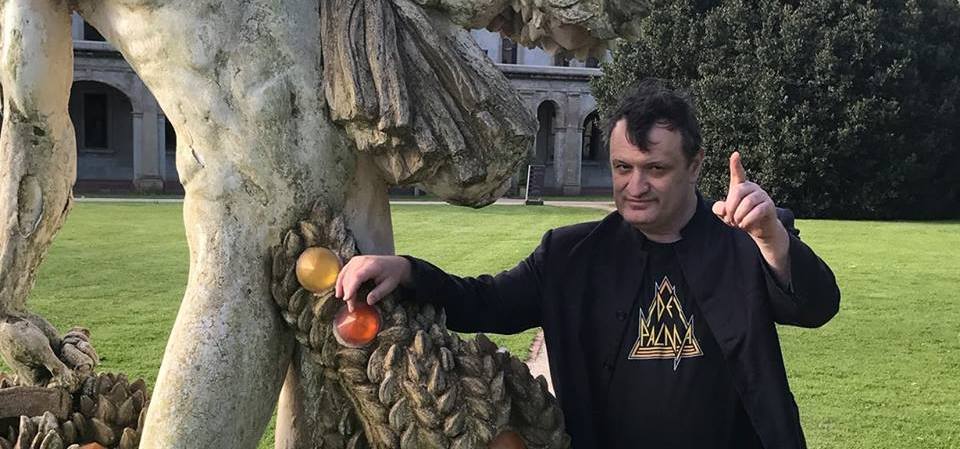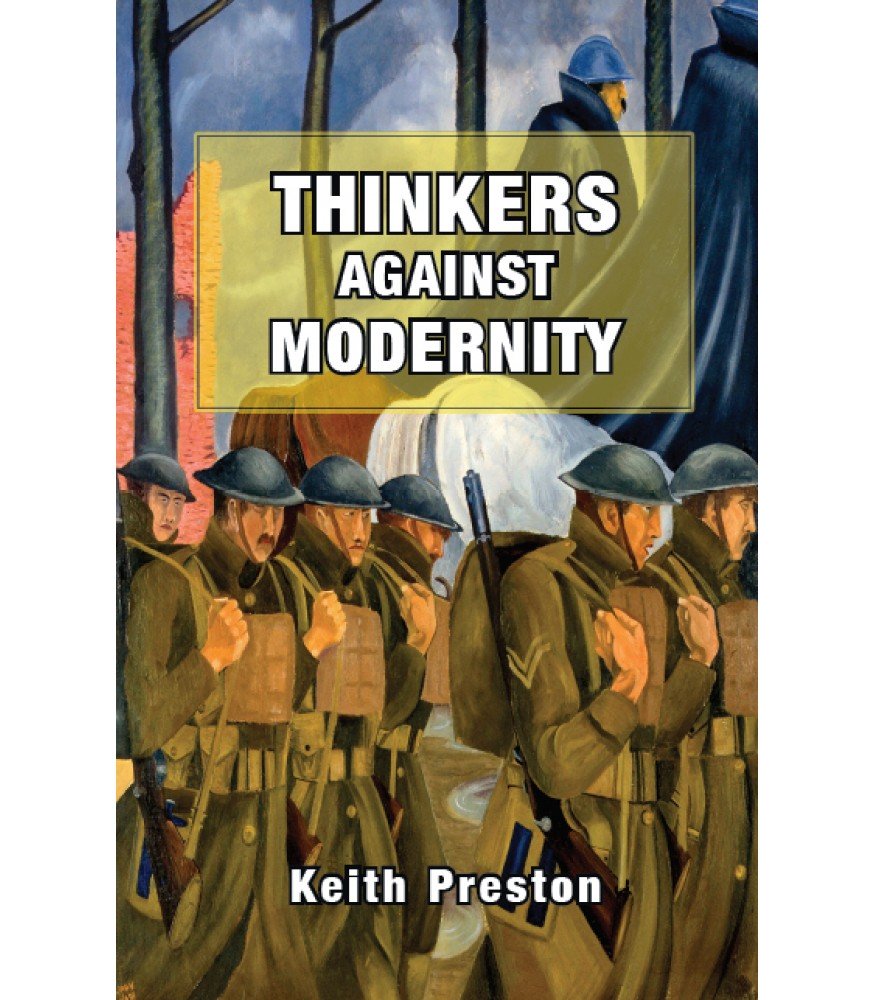Robert Stark, co-host Sam Kevorkian, and J.G. Michael talk to Jamie Curcio about his new book Narrative Machines: Modern Myth, Revolution, & Propaganda. Jamie is an Artist, Writer, and Musician, and blogs at Modern Mythology.
Topics:
Intro: Nefarious from the Album EgoWhore by HoodooEngine which Jamie co-produces and does bass and rhythm guitar for
The main thrust of Narrative Machines is the way in which myths function in our lives
How the conflict with our longing to connect with the sacred leads to seeking re-connection in the form of reified ideology in the current “Meme Wars”
Jean Baudrillard’s book Simulacra and Simulation
The concept of hyper reality and how social interactions are mediated by social media
Post Modernism and Deconstructionism; skepticism towards all ultimate truths
Hobbes vs. Rousseau: the debate over human nature
Jamie’s illustrations in Narrative Machines
The Artist David Mack
Aesthetic theory and how artist can affect the world politically
Interrogation Machine – Laibach and NSK
Aleksander Dugin, Nick Land, and Neo-Reaction
The relation between myth, retro-aesthetic creative movements like vaporwave, and the current cultural climate
The 80’s Retro themed show Stranger Things
The aesthetics of Horror and horror writer Thomas Ligotti
Surrealism and connecting to the sacred or primal force
Jamie’s book Join My Cult!, occultism, and Aleister Crowley
David Bowie Inspires Jamie’s Upcoming Book, “Masks”
Yukio Mishima’s Confessions of a Mask
Jamie’s involvement in the goth industrial music scene of the 90’s and 00’s
The ways in which virtual reality, myth, and “the real world” have collided
Alternate Reality Games, the film The Game, and playing with peoples perception of reality through media
Click Here to download!








